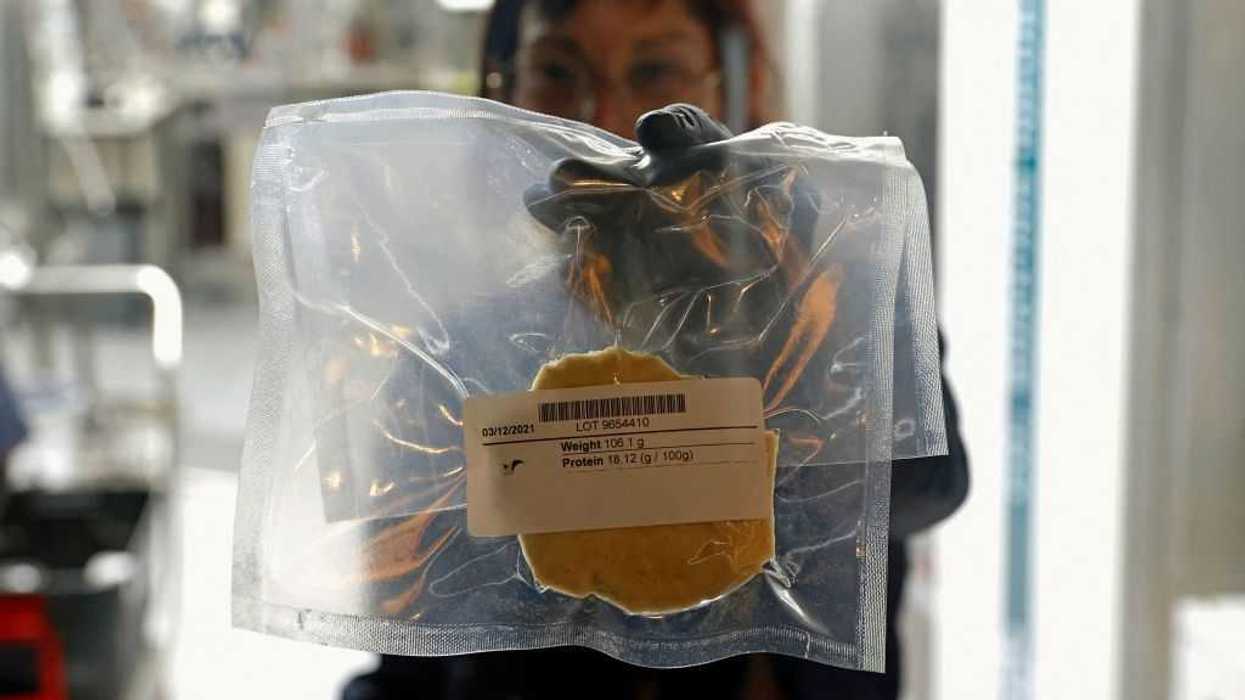
© 2026 Blaze Media LLC. All rights reserved.
Starting Next Month, the U.S. Will Have the Highest Corporate Tax Rate in the World
March 16, 2012
"Doesn't it make you want to break out in a chant: U-S-A, U-S-A?”
On April 1, Japan will cut its corporate tax rate to 36.8 percent from 39.5 percent.
You know what that means, right?
It means the United States will officially have the highest corporate tax rate in the world, with average combined federal and state profit levies of 39.2 percent.
“Yes, that's higher than Sweden,” The Wall Street Journal reports. “Higher than Russia. And China, Mexico, Denmark and even France. Doesn't it make you want to break out in a chant: U-S-A, U-S-A?”
As Japanese politicians found themselves staring down an increasingly burdensome deficit and an aging population, they came up with an idea: Cut the corporate profits tax to boost economic activity and generate higher revenues.
“The government approved an overall five percentage-point cut, which was delayed by last year's earthquake and tsunami,” the Journal reports. “But the first installment arrives April 1 and in three years the rate will drop another 2.3 percentage points to 34.5 percent.”
The Journal report continues:
Japan's neighbors in Asia convinced Tokyo to act by luring investment from what used to be the world's second-largest economy and is now the third, after the U.S. and China. Korea has cut its top corporate rate to 22 percent, Taiwan to 17 percent and Thailand is moving to 20 percent over the next two years. Hong Kong and Singapore have led the way with longstanding rates of 16.5 percent and 17 percent, respectively.
Japan is the latest country to act on the reality that high corporate taxes create “economic distortions.”
“Most obviously they encourage businesses to locate operations in other countries,” according to the Journal, “American liberals argue that most U.S. companies don't pay the top federal statutory rate of 35 percent because of various loopholes and credits, but the high rate encourages multinationals to keep their profits overseas to invest there, rather than in the U.S.”
Moreover, higher corporate tax rates create incentives for businesses to seek tax-avoiding measures.
“For instance, because interest payments are tax-free, corporate taxes encourage debt as opposed to equity financing, making companies more vulnerable to interest-rate shocks and business downturns,” the Journal reports, “A mound of economic evidence also shows that high corporate rates result in lower compensation for workers.”
Still, for reasons unknown, the last two decades have seen nothing but inaction on the part of U.S. politicians even as the rest of the world has cut its corporate tax rates.
“Now almost everyone—even President Obama—agrees that it's time to act,” the Journal notes.
“Mr. Obama unveiled a plan last month to chop the federal rate to 28 percent from 35 percent, but at the same time it would impose such a high penalty on U.S. firms with overseas operations that business groups rightly say the plan would be worse than doing nothing.”
The Journal report ends with this last bit of snark:
The last four years have seen numerous U.S. economic milestones—four years of trillion-dollar deficits, some $5 trillion in new debt, the loss of America's AAA credit rating, three years of near-zero interest rates, postwar records for federal spending as a share of the economy, and now the world's number one corporate tax rate.Some conservatives say Mr. Obama doesn't believe in American exceptionalism. Clearly he does.
(Front page photo source: ekantipur.com)
Want to leave a tip?
We answer to you. Help keep our content free of advertisers and big tech censorship by leaving a tip today.
Want to join the conversation?
Already a subscriber?
more stories
Sign up for the Blaze newsletter
By signing up, you agree to our Privacy Policy and Terms of Use, and agree to receive content that may sometimes include advertisements. You may opt out at any time.
Related Content
© 2026 Blaze Media LLC. All rights reserved.
Get the stories that matter most delivered directly to your inbox.
By signing up, you agree to our Privacy Policy and Terms of Use, and agree to receive content that may sometimes include advertisements. You may opt out at any time.






